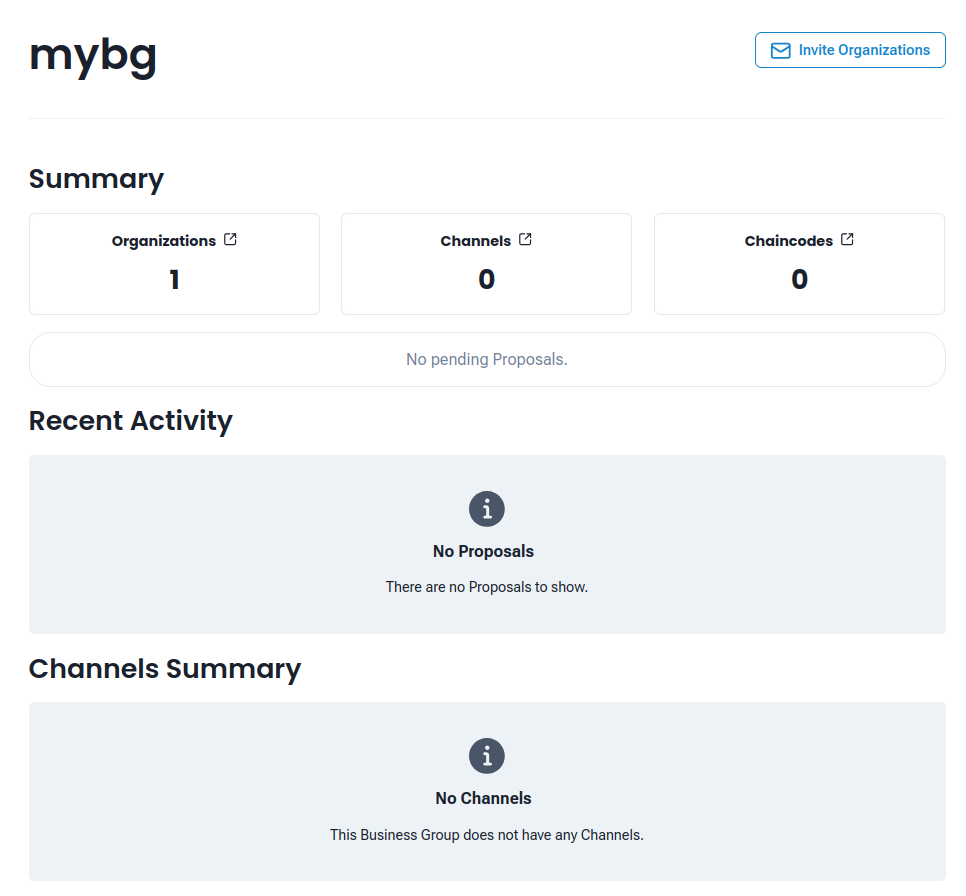Reference
Organization
An organization within a blockchain network represents a distinct entity, such as a company or institution, actively participating in the consortium. Each organization manages its own set of peers, users, and administrators, crucial for network governance, transaction validation, ledger maintenance, and consensus mechanisms.
Key attributes of an organization include:
- Peers: Nodes hosting ledgers and smart contracts (chaincode) for the organization.
- Orderers: Nodes responsible for transaction ordering and block creation.
- CA: Certificate Authority managing identities and certificates for users and peers.
- Chaincode API: Interface for invoking smart contracts.
Business Group
A business group is a collective of organizations collaborating within the blockchain network under a shared governance model. Business groups enable inter-organizational processes, resource sharing, and maintain control over member organizations.
Key aspects of business groups include:
- Member Organizations: Contributing entities sharing resources within the group.
- Channels: Private communication channels for secure data exchange.
- Chaincode: Smart contracts defining business logic and transaction rules.
- Proposals: Requests for network configuration changes such as adding new members, deploying chaincode, or updating policies.
Business Group Dashboard
Once you have created a business group, you will be redirected to the business group dashboard. This dashboard provides an overview of the business group and its associated organizations.
You can view the following details:
- Organizations: The organizations that are part of the business group.
- Channels: The channels associated with the business group.
- Chaincodes: The chaincodes deployed in the business group.
- Proposals: The pending proposals for the business group.
- Recent Activity: The recent proposals and transactions related to the business group.
 Figure 1: Example of a business group dashboard
Figure 1: Example of a business group dashboard